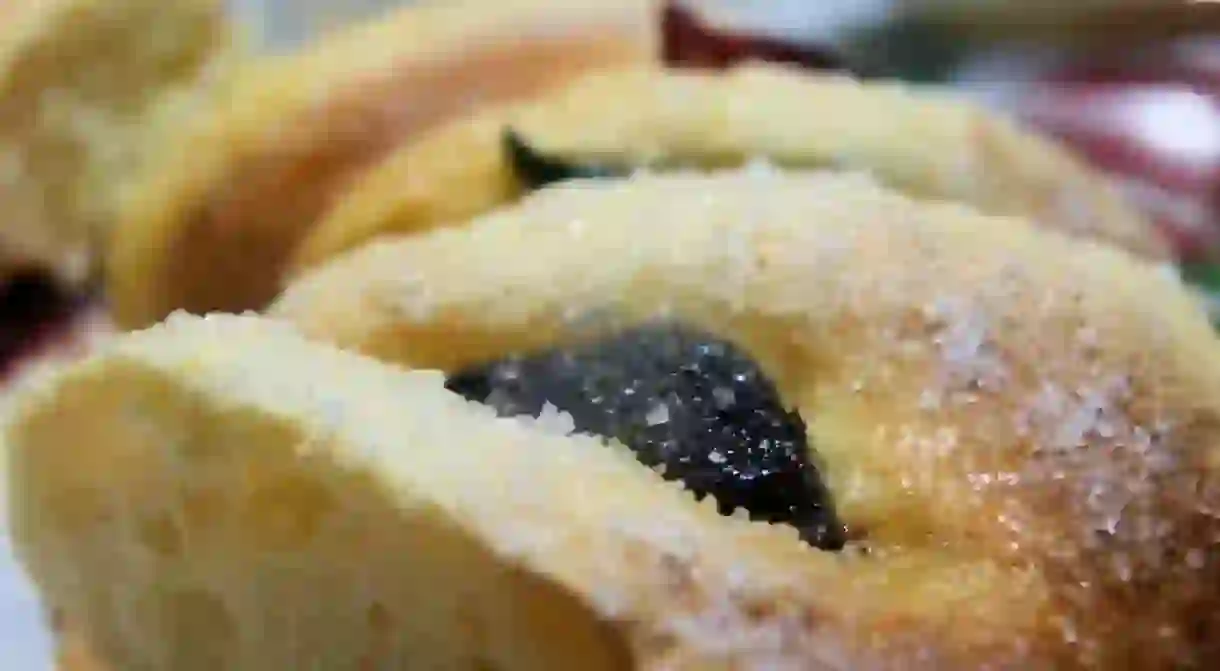Here's Why Mexican Children Don't Receive Christmas Presents

No, it’s not because their parents are mistreating them. While Christmas is definitely an important holiday in Mexico, Three Kings’ Day is actually a much bigger holiday and while kids might receive a few gifts on Christmas, the real goodies are saved for the celebration in early January.
The holiday that pays homage to the Three Middle Eastern Kings or Magi who brought the baby Jesus gifts 12 days after he was born is celebrated on January 6. There is a common misconception that the 12 days of Christmas ends on December 25. This is incorrect, as the 12 days of Christmas actually last from December 25 to January 6, or the duration of the journey the Three Kings made when they followed the Star of Bethlehem to find baby Jesus.

For Latinos, Three Kings’ Day has always been the real kids’ holiday as adults don’t often participate in gift giving during this celebration like they do at Christmas. Kids leave their shoes outside their doors on the night of the 5th and, just like they do for Santa and his reindeer, they leave a little something for the Kings’ camels—some grass and water. The Three Kings, in turn, leave them gifts, large and small, of sweets and toys. This is the day that parents usually reserve for the “big” gifts, like a new bike or a video game.

Kids in Mexico will stay up, just like at Christmas, trying to catch the Three Kings and their camels as they sneak around to hand out their gifts and, of course, no bad little boy or girl will get anything from them. In many parts of Latin America, people will dress up as the Three Kings and parade through town, often in town festivals that are being held with food, dancing and fireworks.
On the day of the Three Kings’, families come together and eat a Rosca de Reyes, a type of yeast bread with dried fruit and sugar on top, with some hot chocolate. One or two tiny plastic figurines of the baby Jesus will be hidden in the bread and whoever gets one in their piece of cake must buy the tamales and atole (a hot corn- and masa-based drink) for Día de la Candelaria, celebrated on February 2 to commemorate when Jesus’s parents first took him to the temple to be blessed.

Mexico’s proximity to the United States has meant that Christmas traditions have been gaining importance in the Latin American country during the past few years, but Three Kings’ Day will always be a special day in Mexico and Mexican kids will continue to wait for it all year long.













